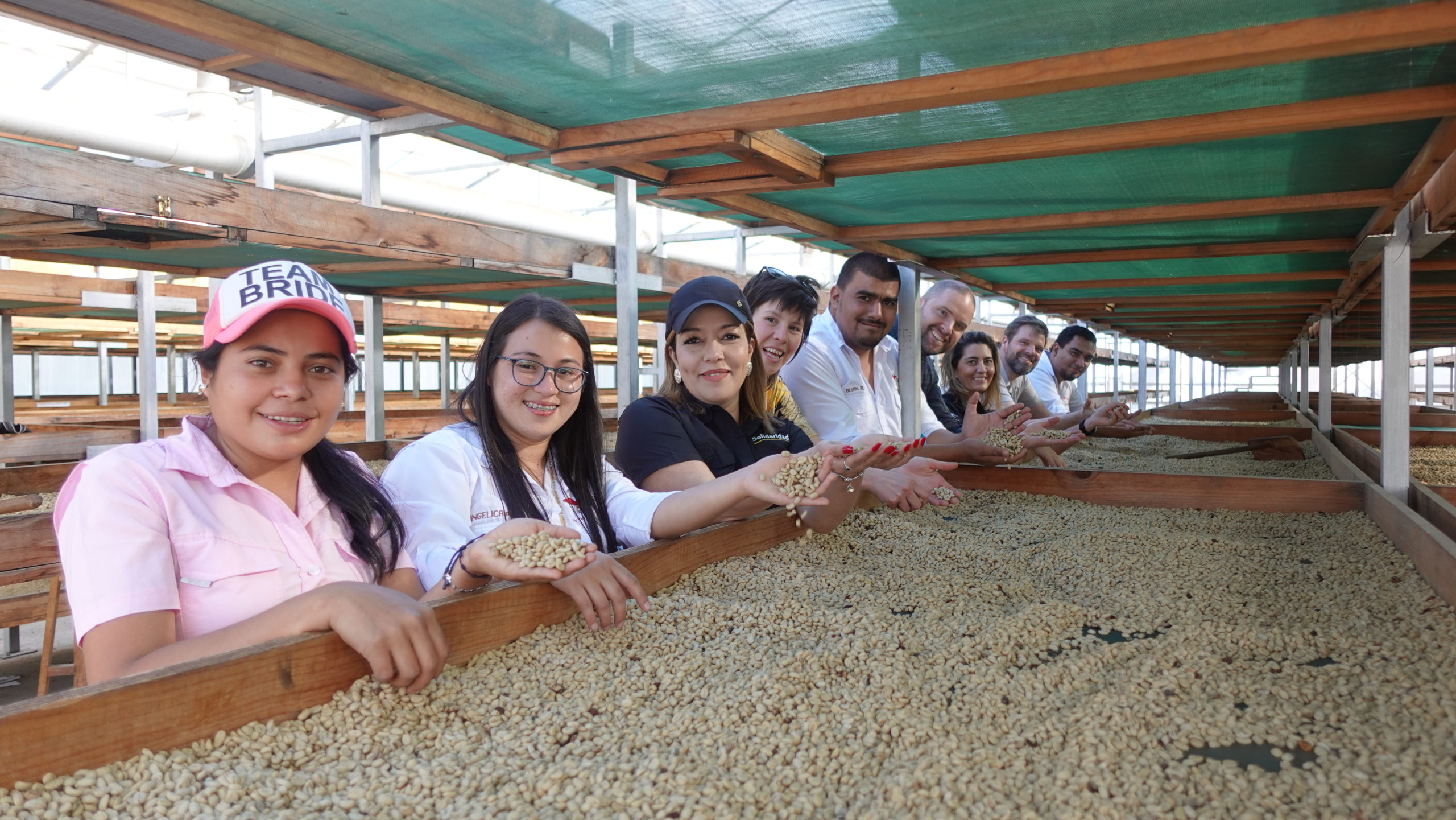Photo above: Angélica Paz (second from left) and other members of the Capucas coffee Cooperative in Honduras
Angélica has contributed to a number of important developments in the Honduran coffee sector, including the collection and consolidation of producer data, supporting smallholders with using this information for decision-making, closing of the digital gap in the field, and delivering 100% traceable coffee. The Capucas Cooperative makes use of the TRACE tool, implemented in cooperation with Fairfood, Solidaridad’s partner in the RECLAIM Sustainability! programme.
Progress vs. gender divide in digital innovation
We see that women across the world are increasingly leading in the field of digital innovation and the application of digital technologies for sustainable and inclusive development. However, according to UN Women, there is still a growing digital gender gap that leads to greater socio-economic inequality. Meanwhile, digital spaces continue to be unsafe for millions of girls and women who face increasing threats of (sexual) violence in the digital sphere.
Truly sustainable and inclusive development of technological innovations is only possible when women and girls are able to benefit fully and equally, and can feel safe and unobstructed in the digital sphere. We must strive for gender equity: recognizing what women and girls across the world need, and adapting our approach to their circumstances; this means removing systemic barriers which stand in the way. On International Women’s Day, we join the international community in celebrating women’s and girls’ contributions but also heeding the urgent need to step up our collective efforts towards achieving gender equity.
Tackling challenges with ambitions
The main challenge we have faced is achieving an effective and equitable participation of women in decision-making spaces in the coffee chain, exercising autonomy in search of resources that improve the quality of life for their families, and promoting the coffee-growing sector. Angélica Paz
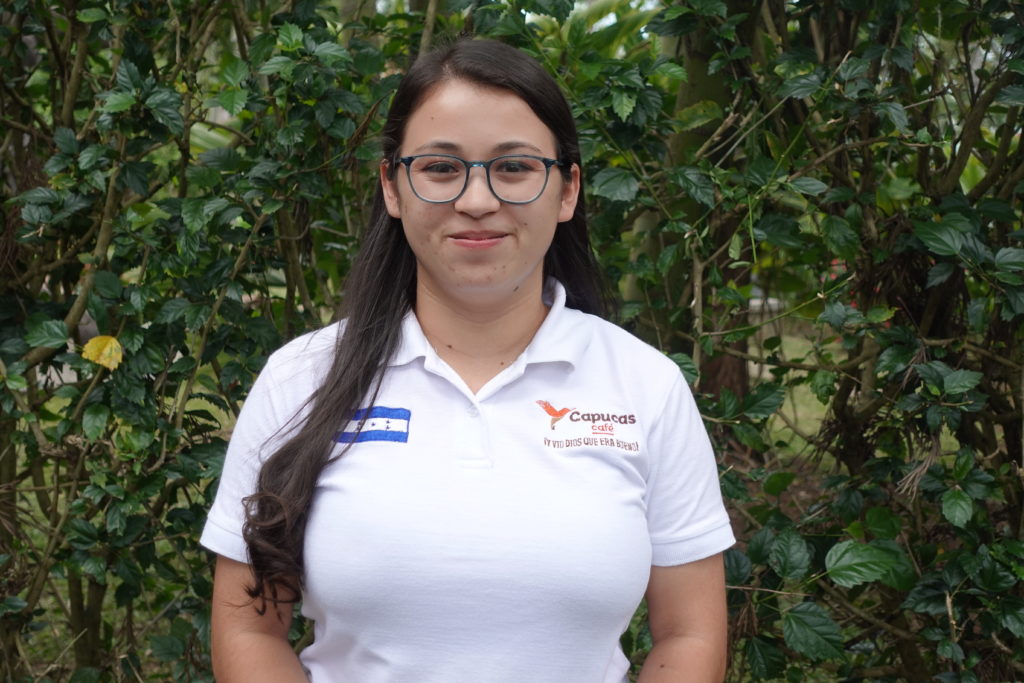
Angélica and her Capucas colleagues have great ambitions for the future: among others, to carry out the first special coffee competition at the local level, with the aim of promoting coffee produced by women and selling them under its own brand according to a 100% traceable, inclusive business model; and hereby also facilitating access to markets. They also plan to diversify their crops to generate income, as well as sell the work they do with demonstration plots, in which they try working with new crops or new techniques on small patches of land, and if their efforts are successful, scale them up.
Digital innovations with an impact
Digital innovation and technology are important elements in the work of Solidaridad. We strive to make a positive impact on the livelihoods of women with our projects worldwide and work to create a conducive environment – with an important role for digital technologies – that enables them to thrive.
The story of Catalina Zuñiga, an oil palm smallholder in Colombia, shows how impactful the use of digital innovations can be in overcoming major hurdles towards a better livelihood for herself and her family. Though oil palm farming can generate a relatively decent income for farmers in Colombia (compared to other agricultural sectors), smallholders still struggle with challenges such as access to finance. Inclusive financing is essential for further improving the sustainability of the palm oil sector, and digital innovations are an important tool in this.
As part of the AgroPrestamo application (implemented by Solidaridad in partnership with 4ToldFinTech), stakeholders can use digital administration tools to monitor the credit cycles and associated risks; and smallholders, in turn, are able to access real-time views of their accounts and credit lines. For Catalina, the application of this technology has meant receiving access to finance to further grow her business.
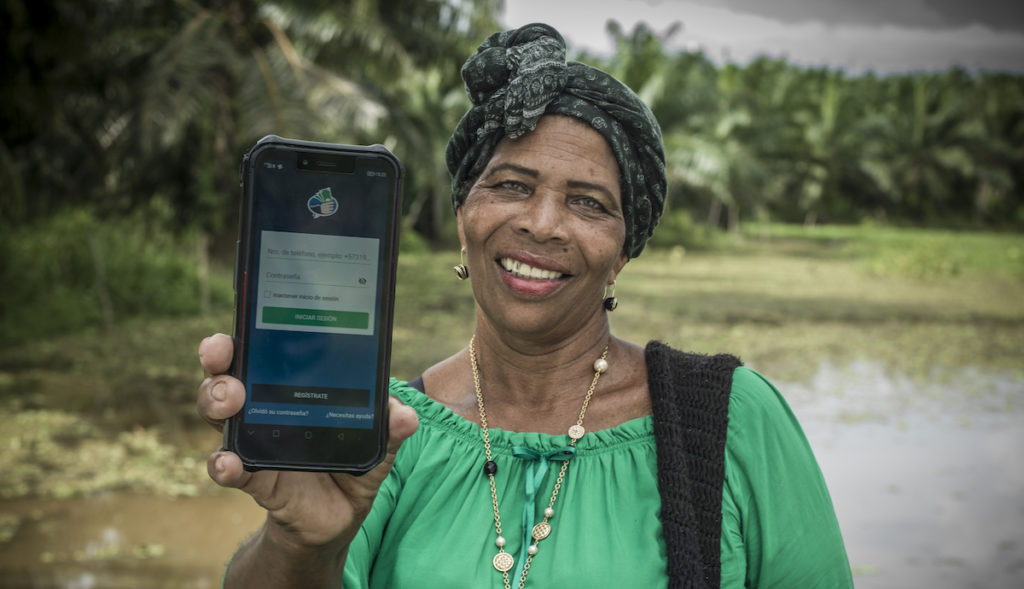
Digital inclusion and empowerment
The USAID-funded programme ‘Digital Inclusion and Empowerment for Women Dairy Farmers in Bangladesh’ is another example of the work by Solidaridad to create digital inclusion and empowerment. This WomenConnect Challenge project supports women dairy farmers in Bangladesh to adopt digital solutions that improve financial inclusion and strengthen their dairy farming capacities. The technological tools include:
- Interactive Voice Response (IVR) technology, where women farmers are able to use their basic mobile phones to access the information they need to better manage their dairy farms and improve milk production;
- The i2i app, a mobile application that allows women farmers to register their profiles, their cattle profiles, and receive daily text messages about the quantity, quality, and the price of milk they sell to the Milk Collection Centres.
Aparna Rani Singha, a dairy farmer in Bangladesh, is reaping the benefits of technology made available through the project. It has enabled her to easily track her transactions at the Milk Collection Centre, use her mobile wallet to pay household bills and her children’s school fees, and transfer money to relatives when necessary. The IVR system is also helping her learn about better dairy farming practices in her spare time.
Together with her husband, Aparna also attends community-based sessions organized for women dairy farmers and their families, which are meant to expand their knowledge on the importance of financial inclusion of women, as well as financial management skills. Aparna’s success as a dairy farmer has not gone unnoticed in the community, and other women are also becoming inspired and motivated by her. Her husband Dilip Kumar also cheerfully acknowledges that nowadays, his wife is the one who takes many decisions regarding their dairy farm business.
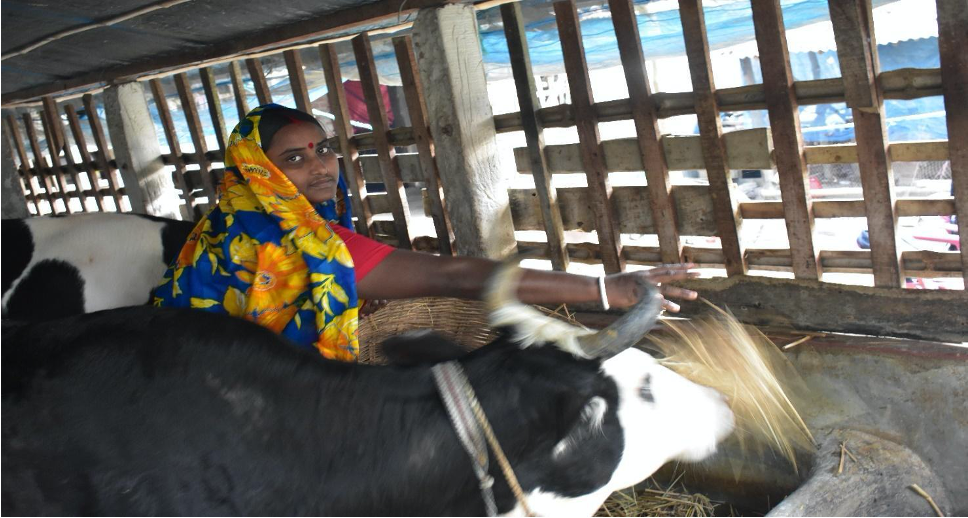
The impact created by the programme is significant in the dairy sector in rural Bangladesh. Although women farmers are engaged in all activities related to milk production, they are often not the ones who receive the money obtained from selling the milk. This has a negative effect on their access to productive economic resources and decision making in their household. Furthermore, gender dynamics and power relations also prevent women from enhancing their knowledge due to limited access to extension services, which contributes to poor farm management and reduced cattle productivity.
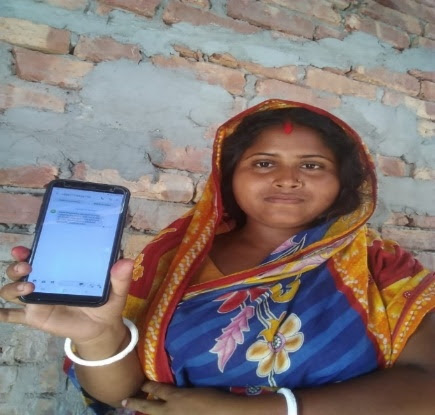
“When a woman has access to finance, then she becomes empowered because she can take all decisions about the use of income and fulfill her wishes.”
Priyanka Mondal, dairy farmer involved in the Digital Inclusion and Empowerment project
Making a difference through radio
Radio is one of the earliest technological innovations which has allowed us to communicate with each other through digital means, and continues to be as valuable and effective as ever. For Ramatu Muniru and her fellow women shea nut processors in Ghana, a radio programme called “Kpihi Saha” – Shea Nut Time – has made a big difference in appreciating the economic value of the shea tree and improving their practices.
Whilst the collection and processing of shea nuts into shea butter can be a reliable source of income for many women in Northern Ghana, there are many health and safety hazards associated with it. This fact combined with difficult economic conditions has resulted in many women cutting down shea trees for firewood instead of nurturing the trees and harvesting the shea nuts. This has had a negative effect on the value chain of sustainable shea butter.
The radio programme educates listeners on safety measures, the importance of the shea tree, the risks of deforestation, and other issues affecting the supply chain. Ramatu credits the programme with helping her gain extensive knowledge on how to process quality butter and the importance of having an appropriate storage facility. The women in her community gather to listen together, and similar listening groups have been organized across all ten communities involved in the “Strengthening the Sustainability of the Shea Supply Chain in Northern Ghana” project.
Ramatu and her colleagues can also call in during the radio broadcast using the Interactive Voice Response (IVR) system, which enables them to leave comments, ask questions and receive feedback as well as updates on local shea nut prices. The information and important knowledge exchange during these broadcasts have helped Ramatu and fellow shea nut processors to improve their economic prospects, and are also contributing towards a more sustainable shea butter value chain.
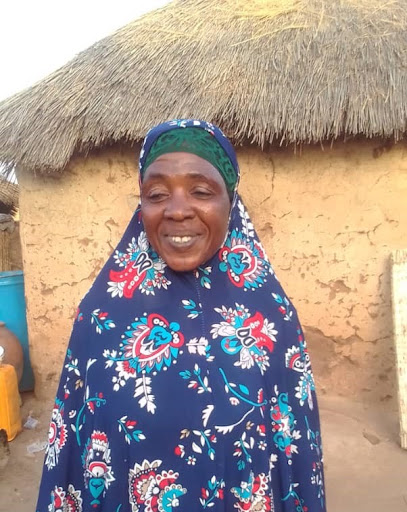
The long road to gender equity
Women and girls across the world are making huge contributions to inclusive and sustainable value chains, and digital tools and technologies are an essential part of this progress. Still, we must step up the game in creating a truly equitable environment for all to prosper.
Women still face many structural and systemic barriers in the world of technological advancement. As put forward in Solidaridad’s Gender Inclusivity Buckets Book, these barriers will reduce the impact of ICT-based interventions and potentially contribute to increasing inequalities if these barriers are not addressed in an appropriate way.
The Buckets Book explores a number of cross-cutting themes – including technology – that are important for fostering gender inclusivity in our work. Technology is an important aspect of our efforts for improving the quality and sustainability of farming practices. This means ensuring that in all our projects, all members of families and communities can access and benefit equally from the technology, and we must address differences in access to knowledge and resources that might prevent women and girls from using this technology to their benefit. These technological solutions need to meet their priority needs.
The road towards gender equity is still long, but we must continue taking full strides with the conviction that one day, we will get there.

